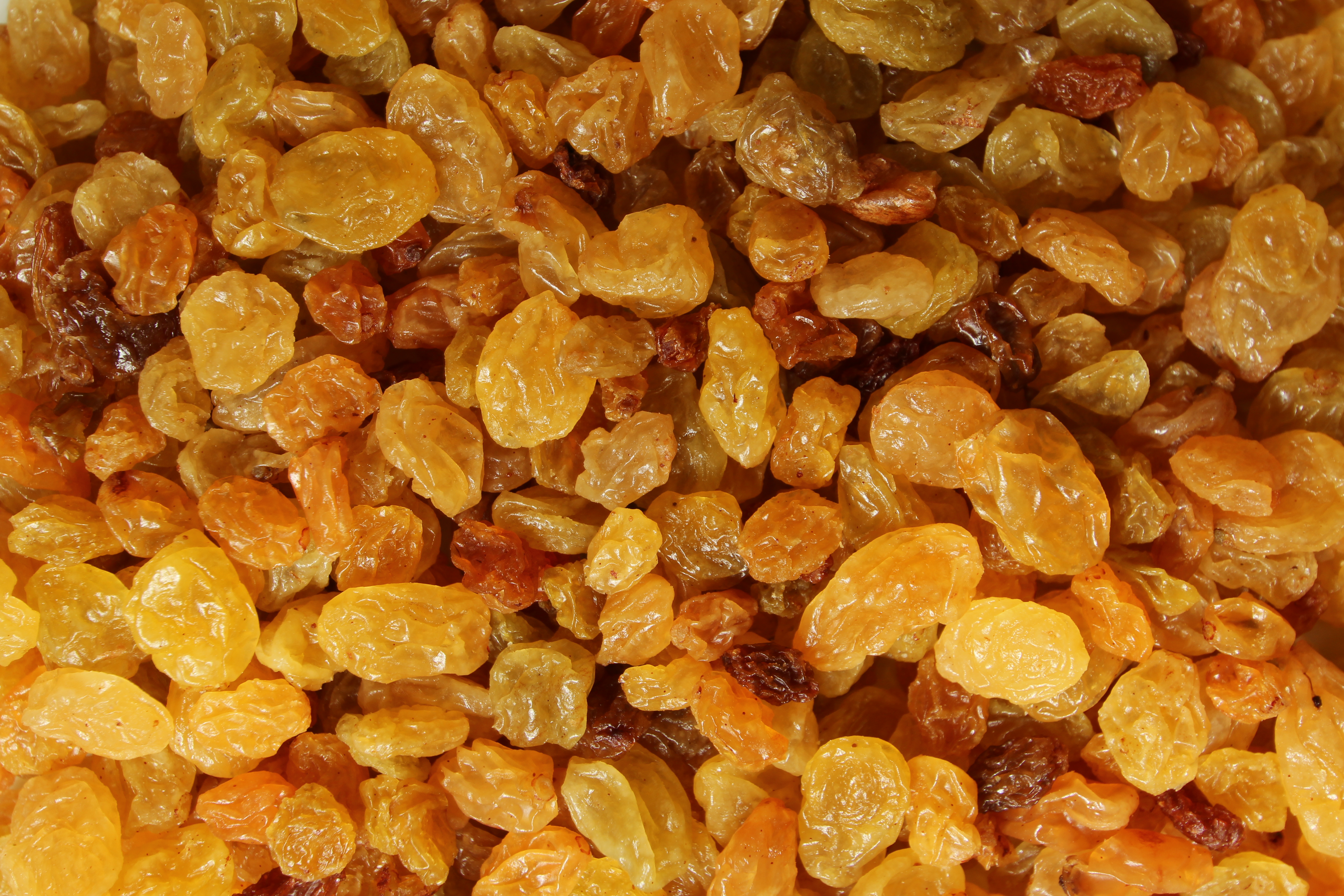Selling raisins used to be illegal in the US.
Most markets – in the US at least – are dictated by the free market. Supply and demand set the price of most goods. Sometimes we need a little government or third-party oversight to make sure people don’t get hurt, but those are supposed to be exceptions not the rule. Collusion, price-fixing, and cartels are generally against US antitrust law, which exists to promote fair competition, which tends to benefit consumers.
But this isn’t true in the raisin game.. or at least it wasn’t always true.
Until very recently, it was entirely illegal to grow grapes, dry them out into raisins, de-stem, clean, and box them for consumption. In 1937, the United States Department of Agriculture had given a group of raisin farmers and packers the right to control the total amount of raisins sold each year.
The idea was that this group, hilariously called the Raisin Administrative Committee, would guarantee a stable price for raisins by manipulating the supply. The motive was stability. But regardless of why the law was in place, it was. Growers were bound to play by these rules and if the Raisin Administrative Committee told you that you could only sell 90% of your raisins in a given year, then you could only sell 90% of them by law.
Like it or not, the rules were the rules. Until they weren’t.
Marvin Horne, a California raisin farmer, broke the rules and in doing so rewrote them. In 2002, the Raisin Administrative Committee told raisin growers that they could only sell 53% of their crop that year because it had been a good year for raisins and selling any more would flood the market and raisin prices would drop. Horne and his wife poured over the law, decided they’d found a loophole, and then sold 100% of their crop instead of the 53% they had been ordered to sell.
Most of the rest of the growers were pissed because they’d followed the rules. Obviously legal actions as taken and the Hornes were fined half a million dollars. But Marvin Horne didn’t stop there. He appealed the ruling. He appealed the ruling all the way to the US Supreme Court… twice. And in July of 2015 he won.
The Supreme Court ruled in an 8-1 decision that raisins were “private property” not “public things subject to the absolute control of the state.”
In a Planet Money podcast that brought this tale to my attention, reporters interviewed a few other raisin farmers.
Dan King thought that what Hornes had done was unfair: “I think that there’s a set of rules that everybody was playing by during the time that he was not. You know, it’s like everybody stops at the stop sign but not everybody. [If] somebody doesn’t – it causes a problem. And we needed to have the whole industry following the rules or nobody following the rules.”
Sam Sahota – a former raisin grower who pulled out his vines to plant almond trees – saw things a different way (although oddly through the same analogy of traffic laws…): “It’s like a speeding ticket. Yeah, you get a speeding ticket. Some guys will sit down and say, OK, you know what? I’ll go ahead and pay the fine, but not Marvin. Not only did he go and appeal it, he had the goddang sign changed from the speed limit from 50 to 75 – or whatever it might be. So – yeah, more power to him.”
So Horne broke the rules and ultimately the Supreme Court thought he still played fair. In fact, he had the rules rewritten and rid the raisin market of “legal” collusion that violates antitrust laws.
I really like stories like this because they reveal how much of life is a game and hint at how to truly play it well. Some random people inside the US Department of Agriculture just made up some rules in the 1930s and farmers followed them for decades – I bet half of them didn’t even like raisins. Our brave farmer broke the rules and caused such a stir that they were changed to his liking. I think that’s a pretty awesome way to play the game.
Enjoyed this post? Pass it on to a friend. Buy some raisins.

